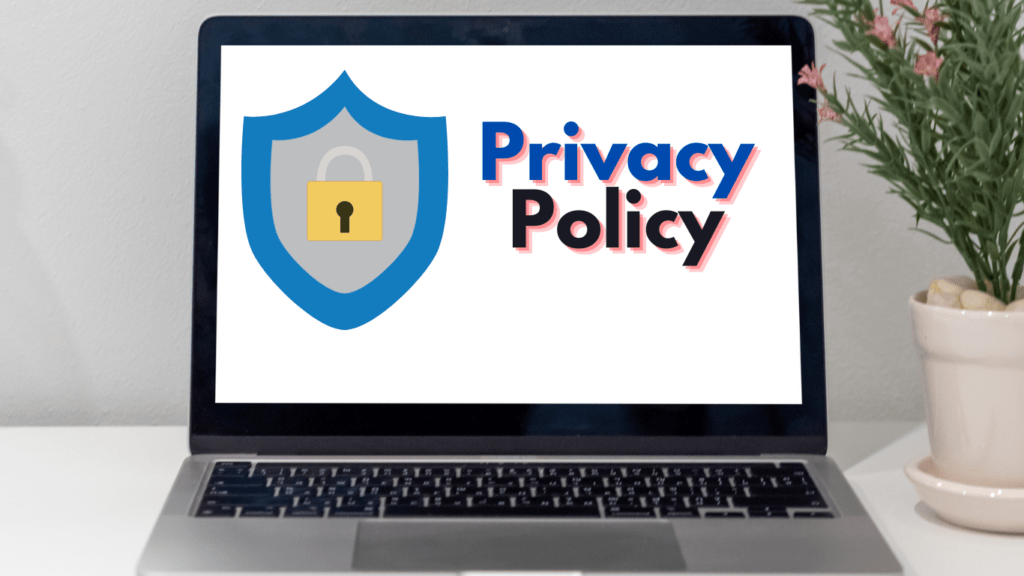Overview of the New Legislation on Digital Privacy
New digital privacy legislation aims to enhance individual data control. This section breaks down its key provisions and expected consumer impact.
Key Provisions in the Legislation
The legislation includes several critical provisions:
- Data Access Rights: Individuals can request access to personal data held by companies.
- Consent Requirement: Companies must obtain explicit consent before collecting or using personal data.
- Data Portability: Individuals can transfer their data between service providers.
- Right to Erasure: Consumers can request their data be deleted from company databases.
- Data Breach Notifications: Companies must inform users of data breaches within 72 hours.
The Expected Impact on Consumers
Consumers will gain greater control over their personal data:
- Enhanced Transparency: Clear information on data use and storage practices.
- Improved Security: Timely notification of data breaches to mitigate risks.
- Increased Control: Ability to access, transfer, and erase personal data.
- Stronger Accountability: Companies face stricter compliance requirements, protecting user data more effectively.
These measures should lead to safer, more transparent digital interactions and a higher trust level between consumers and service providers.
The Changing Landscape of Digital Privacy Laws
New legislation shapes how digital privacy laws evolve, impacting individuals and businesses.
A Historical Perspective
In the early 2000s, digital privacy regulations were minimal. Organizations often collected and used personal data with little oversight. The 2018 General Data Protection Regulation (GDPR) by the European Union marked a pivotal shift. GDPR introduced stringent data protection measures, including consent requirements and data breach notifications.
In the US, legislation progressed slowly. The California Consumer Privacy Act (CCPA) of 2018 mirrored GDPR’s principles, providing Californian residents control over personal data. While not as comprehensive as GDPR, the CCPA was a landmark in US digital privacy regulation.
Comparisons with Global Privacy Standards
The GDPR remains the benchmark for global privacy standards. With enforcement across the European Union, it sets a high bar for compliance. Key features of GDPR include:
- Strict Consent Requirements: Explicit consent from individuals for data processing.
- Right to Erasure: Individuals can request deletion of their data.
- Data Portability: Individuals can transfer their data between service providers.
The CCPA, though influential, doesn’t encompass all GDPR provisions. For example, the CCPA focuses more on “opt-out” mechanisms rather than GDPR’s “opt-in” mandates. However, it does include:
- Data Access Rights: Individuals can request to see their collected data.
- Opt-Out for Data Sales: Individuals can opt-out of the sale of their personal data.
Other countries, like Canada and Australia, have also enacted privacy laws but often with less stringent requirements than GDPR.
Their regulations typically emphasize data breach notifications and some level of consent management, though they vary in enforcement and scope.
The new US legislation aims to harmonize with global standards by incorporating GDPR-like provisions, ensuring consumers domestically have similar protections as those in the EU.
Stakeholder Reactions to the Privacy Legislation

The new privacy legislation has sparked reactions from various stakeholders. Their opinions highlight the diverse impact and implications of the law.
Support and Criticism from Tech Companies
Tech companies’ responses vary widely. Some, like Google and Apple, support the legislation.
They argue it builds user trust and aligns with their existing policies. Apple’s CEO has publicly backed strong privacy measures, emphasizing user control and data security.
However, not all tech firms agree. Smaller tech companies and startups express concerns.
hey cite potential compliance costs and operational difficulties. For instance, implementing new data protection measures requires significant resources, which smaller firms often lack.
Public and Consumer Advocacy Groups’ Views
Public and consumer advocacy groups welcome the legislation. Organizations like the Electronic Frontier Foundation (EFF) praise the provisions for enhancing consumer rights.
They believe these laws empower users with greater control over their personal data.
Some consumer groups emphasize transparency and accountability.
They argue that clear rules ensure data misuse and breaches are minimized. Consumer Reports, a well-known advocacy organization, highlights that stronger laws deter companies from exploiting user data.
Implementation Challenges
The new digital privacy legislation poses several implementation challenges that need addressing to ensure effectiveness.
Technical Hurdles
Technical hurdles make it difficult for organizations to adapt quickly. Many companies, especially smaller ones, lack the infrastructure to meet stringent data security standards.
For instance, encrypting vast amounts of user data can strain existing systems. Legacy systems used by various businesses struggle with compatibility when integrating new privacy features.
Upgrading these systems requires significant investment and expertise that many companies don’t possess.
Enforcement and Compliance Issues
- Enforcement and compliance issues create additional complexities.
- Regulatory bodies must develop mechanisms to monitor and enforce legislation efficiently. Ensuring compliance across all sectors, given the diverse digital landscape, is a massive undertaking.
- Smaller firms face compliance costs that larger corporations can easily absorb.
- Potential penalties for non-compliance, while necessary, create a financial burden for smaller enterprises.
- Regulatory agencies must balance stringent enforcement with the reality of varied organizational capabilities to avoid stunting innovation.


 is the founder of Luck Lounge Land, a platform dedicated to gambling and game theory. Raised in Ironton, Ohio, Ronaldie studied Business Administration and Information Technology at Ohio University. Inspired by a summer internship at a Las Vegas casino, he created Luck Lounge Land to blend his expertise in business and gaming. His website offers news, insights, and interactive features for gambling enthusiasts worldwide.
Ronaldie's innovative approach has made Luck Lounge Land a popular resource for gamblers. He frequently shares his knowledge through articles and webinars. His passion for educating others is evident in the site's 'Game Theory Academy.' Ronaldie's commitment to quality content has attracted a loyal following. He continuously seeks ways to enhance the user experience. Outside of his work, Ronaldie enjoys exploring new casino trends and technologies.
is the founder of Luck Lounge Land, a platform dedicated to gambling and game theory. Raised in Ironton, Ohio, Ronaldie studied Business Administration and Information Technology at Ohio University. Inspired by a summer internship at a Las Vegas casino, he created Luck Lounge Land to blend his expertise in business and gaming. His website offers news, insights, and interactive features for gambling enthusiasts worldwide.
Ronaldie's innovative approach has made Luck Lounge Land a popular resource for gamblers. He frequently shares his knowledge through articles and webinars. His passion for educating others is evident in the site's 'Game Theory Academy.' Ronaldie's commitment to quality content has attracted a loyal following. He continuously seeks ways to enhance the user experience. Outside of his work, Ronaldie enjoys exploring new casino trends and technologies.
